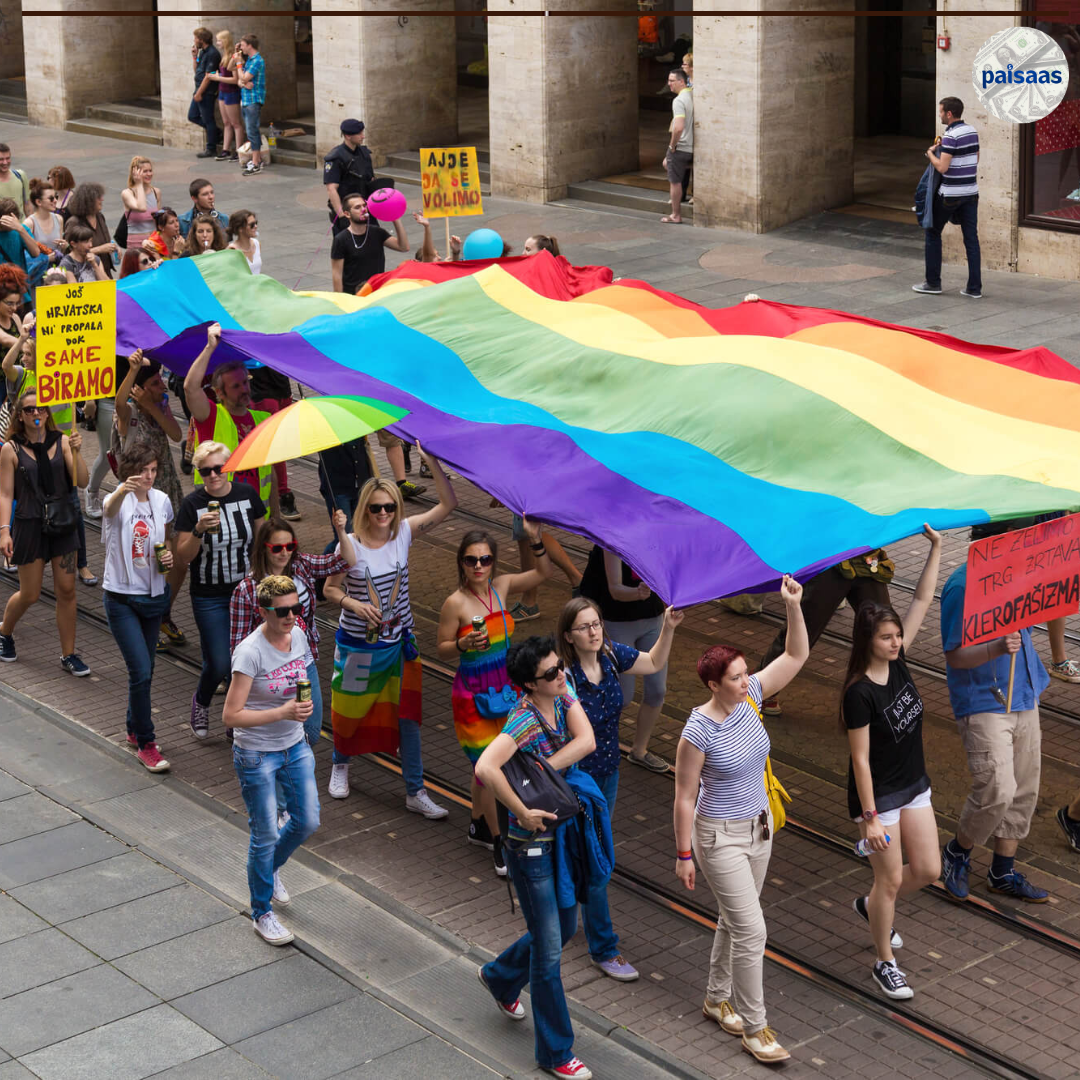

Before, Pride was quietly observed in this city. That Was not a choice in 2023.
Before, Pride was quietly observed in this city. That Was not a choice in 2023.
Franklin, Tennessee, found itself at the center of a controversy when right-wing campaigners painted a local Pride celebration as a threat to children. The event, held on a renovated horse farm, faced heightened tensions and security measures. Franklin’s mayor, Ken Moore, broke a tie in favor of the festival, ending a bitter dispute within the city council. Pride celebrations have faced increasing opposition nationwide due to conservative-led states passing legislation targeting LGBTQ rights and transgender youth. Brands supporting LGBTQ individuals have faced boycotts, and there has been resistance to proclamations recognizing Pride Month and displaying the rainbow Pride flag on public land.
Franklin, a city 20 miles south of Nashville, has maintained its strong Christian and conservative traditions while navigating economic expansion and changing attitudes toward diversity and civil rights. The coronavirus pandemic’s impact on population and demographic trends has played a role in the contentious struggle over Pride. As newcomers move to Franklin seeking employment and more affordable housing, differing assumptions about the city’s identity have created tensions. Conservative residents resist media and literature highlighting LGBTQ individuals, causing some in the community to struggle with their comfort levels regarding LGBTQ visibility in schools and public spaces.
The first Pride celebration in Franklin took place in 2021, and until this year, organizers never encountered problems obtaining a permit. However, complaints about drag acts from the previous year led the board to reluctantly remove all drag performances from the schedule. Nevertheless, opponents of the festival continued to express concerns, spreading rumors about explicit content and vice at the event. On social media and in community meetings, conservative organizations demanded that the city deny the festival’s permit or restrict attendance to adults on private property.
City leaders in Franklin faced sleepless nights and numerous threats as they grappled with the decision to permit the event. Some officials expressed a preference for avoiding a prolonged and expensive debate over free speech. Despite opposition, the festival proceeded, attracting more visitors than the previous year. Protest activity was relatively restrained, and security personnel made judgment calls on disruptive behavior based on the event’s municipal permit. Young attendees at the festival shared their experiences of bullying, concerns over restrictive laws, and the constant struggle to balance visibility within their LGBTQ community without causing discomfort or annoyance to others.
Franklin’s demographic makeup, with approximately 80% white and 6% Black residents, further contributes to the tensions surrounding LGBTQ issues. The city’s strong ties to American history and prosperous prosperity are juxtaposed with monuments commemorating the Civil War and the displacement of indigenous people. The influx of residents from California seeking a more affordable and conservative environment has also influenced the city’s dynamics.
While Pride Month faces growing opposition, supporters argue for acceptance and understanding. They believe the festival has been unfairly portrayed and point out that compared to typical nightlife in Nashville, the Pride event is relatively tame. The struggles and progress made by LGBTQ individuals are highlighted, emphasizing the importance of visibility and creating a safe space for self-expression.
In conclusion, Franklin, Tennessee’s Pride celebration became a lightning rod for controversy as right-wing campaigners labeled it a threat to children. The event faced opposition amidst a broader national debate on LGBTQ rights. Franklin’s conservative traditions and demographic shifts played a role in the conflict, with residents expressing differing views on LGBTQ visibility and acceptance. Ultimately, the festival took place, attracting a larger crowd and providing a space for LGBTQ individuals to express themselves freely. The tensions surrounding the event reflect the ongoing struggle for equality and understanding in America’s changing social landscape.




